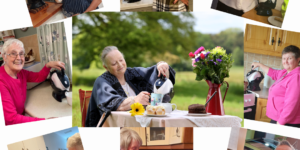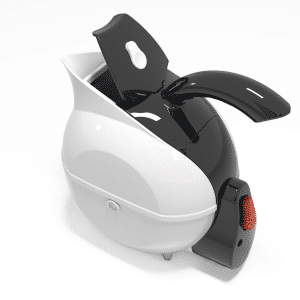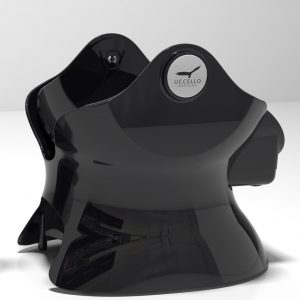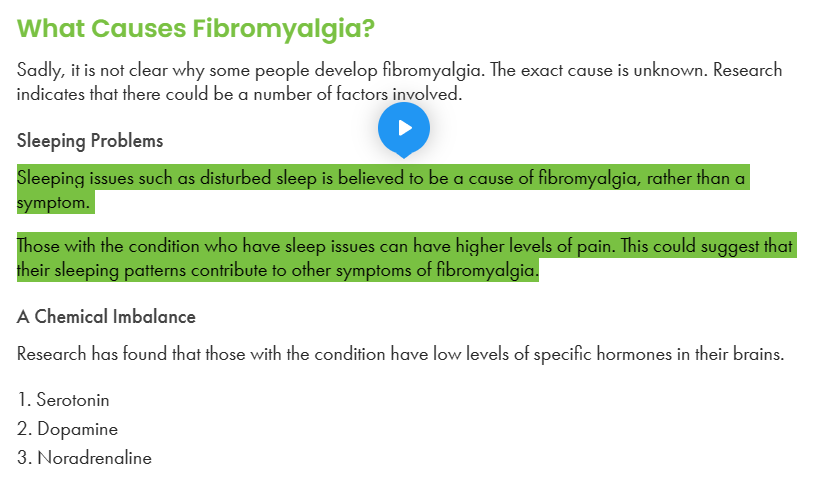When it comes to referring to or talking about disabilities it can be a sensitive topic. Fear of saying the wrong thing when talking with disabled people prevents people from saying anything at all. Therefore we avoid having important conversations about disability.
This avoidance in turn can create a toxic environment. Many disabled people say they experience discrimination and are routinely denied the rights we all know they are entitled to.
In our research we have come across a number of guidelines to help all gain confidence in their ability to participate in positive ways when chatting with disabled people.
What to Avoid:
Avoid Objectifying People
Stay are from referring to them as “the disabled”. Listen to how people talk about their disability themselves and take your cue from them.
Avoid the Word Handicap
The word handicap or handicapped is viewed as having a negative connotation — an implication that people with disabilities are disadvantaged in society.
Avoid Calling a Disabled People the ‘Patient’
A patient is a passive individual who has turned over responsibility for important decisions to a health professional. People with disabilities for the most part live independent lives in the community.
Avoid Calling Non-disabled People ‘Normal’
If able bodied people are normal, then that means that disabled people are abnormal. Yet disability is the norm for some people.
Positive Things You Can Do
- Look disabled people in the eyes and address them courteously, as you would anyone else.
- Ask if you can help, and how you can help.
- Assume that people with disabilities have something to say and be prepared to hear it.
- Talk about disability. It’s a fact of life. The more we talk about it, the easier it gets to have the important conversations we need to have with disabled people.
- Always put the person first. When writing or speaking about disabled people, it is important to put the person first. Catch-all phrases such as ‘the blind‘, ‘the deaf‘ or ‘the disabled’, do not reflect the individuality, equality or dignity of people with disabilities.
Listed below are some recommendations for use when describing, speaking or writing about people with disabilities. Instead of using the first term, it would be better to use the recommended below.
- The disabled – People with disabilities or disabled people
- Wheelchair-bound -Person who uses a wheelchair
- The handicapped – Disabled person, person with a disability
- Mental handicap – Intellectual disability
- Normal – Non-disabled
- Suffers from (e.g. asthma) – Has (e.g. asthma)
If there is one thing we can all enjoy together, it’s a cup of tea. Why not make a day of it and bring the sweet treats, pop your Uccello Kettle on and have a chat?
To learn more please feel free to click over to the Disability Services of America.













Leave a Comment